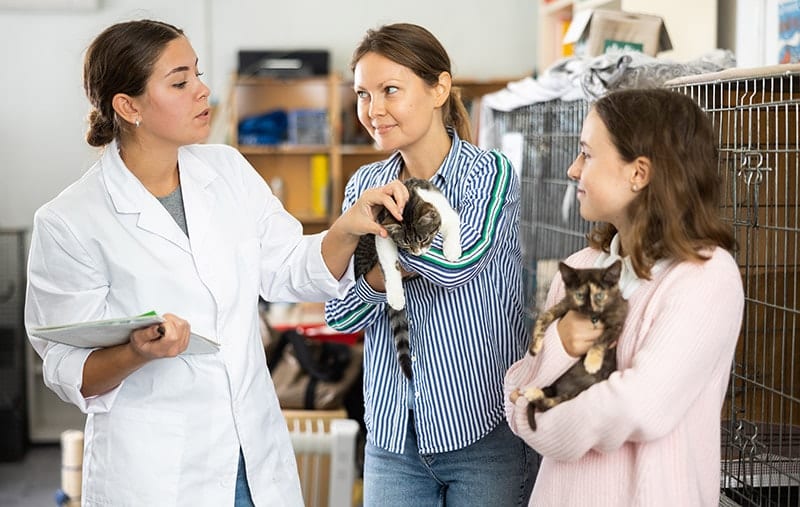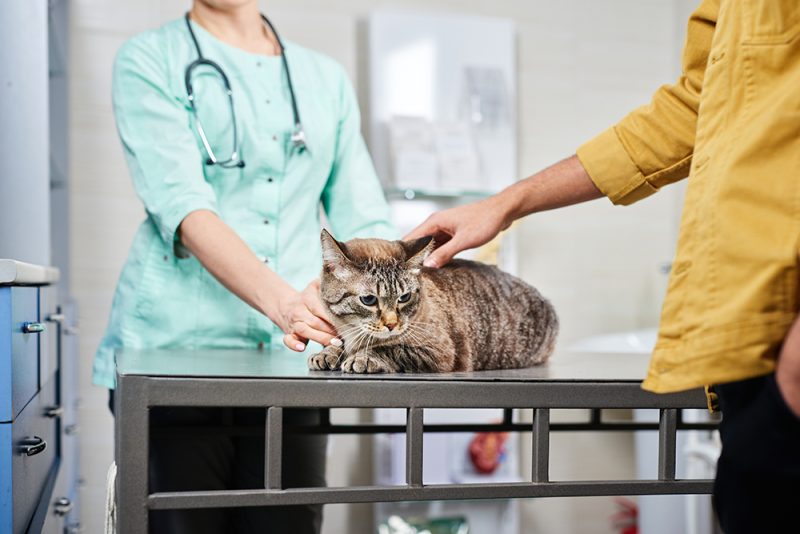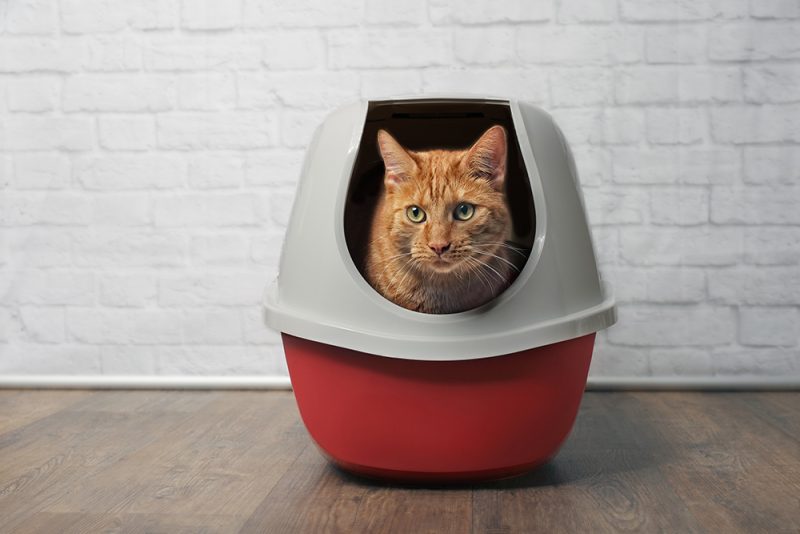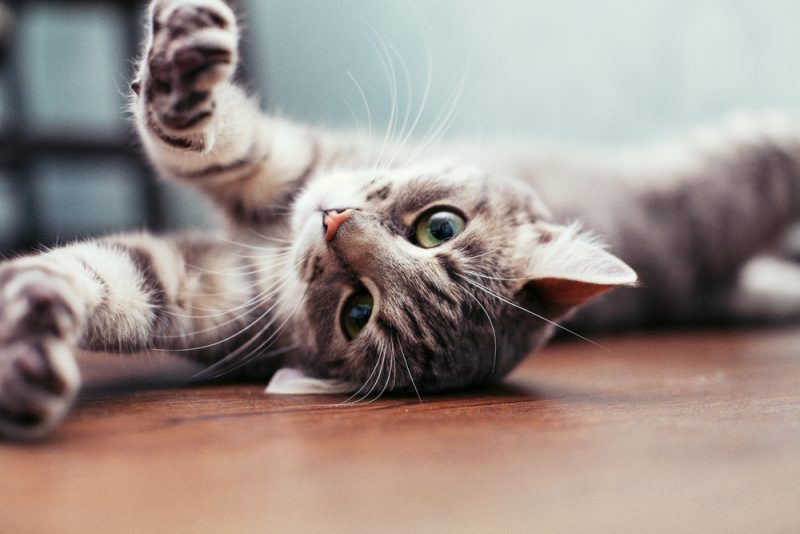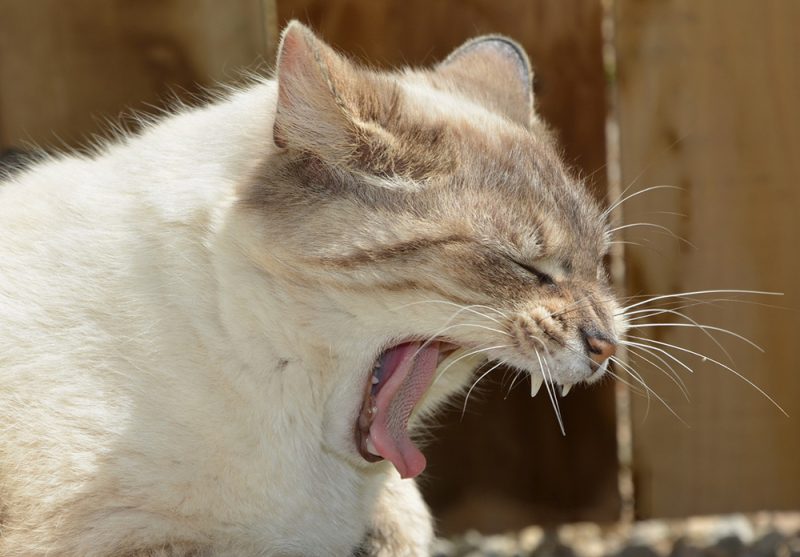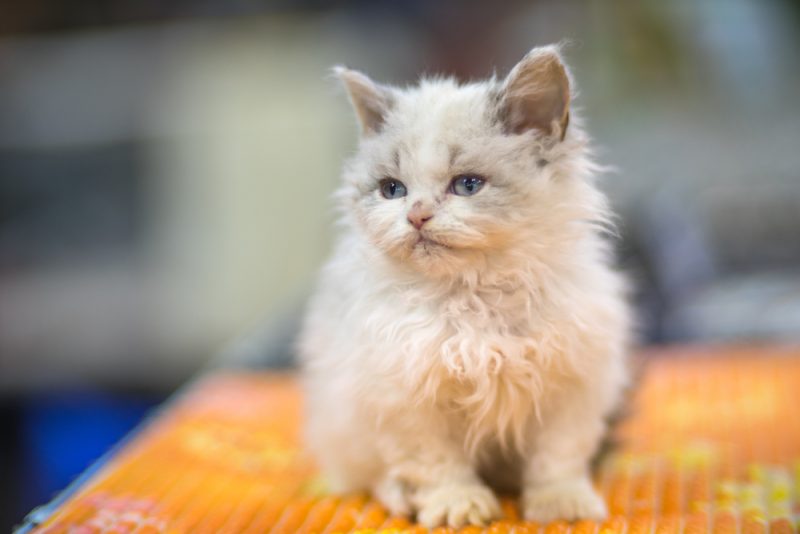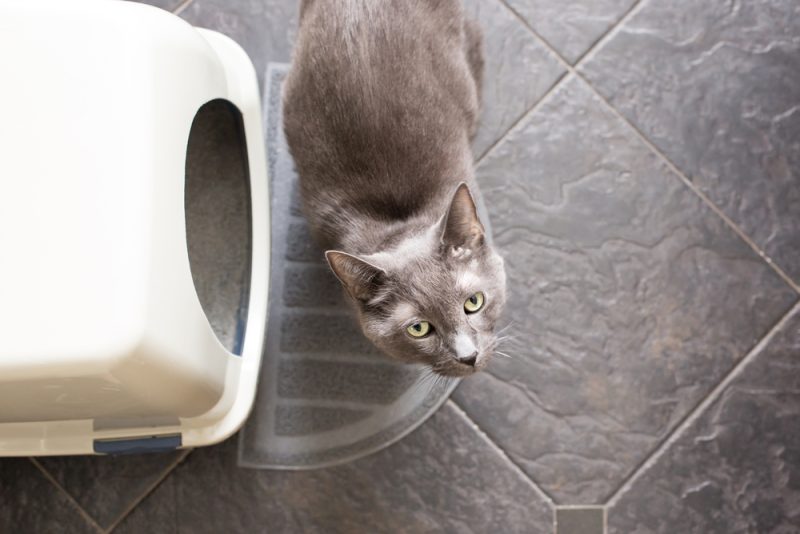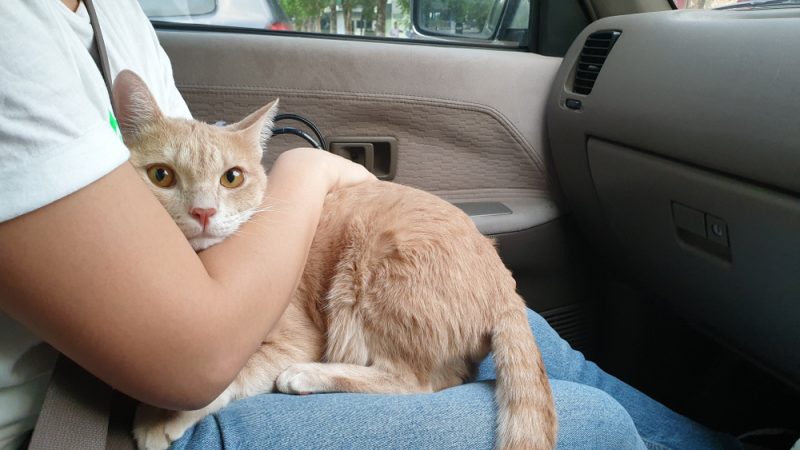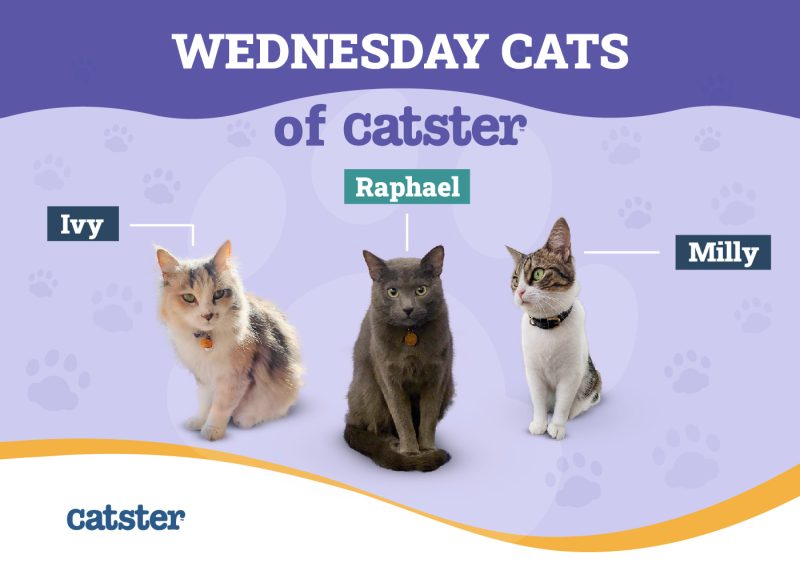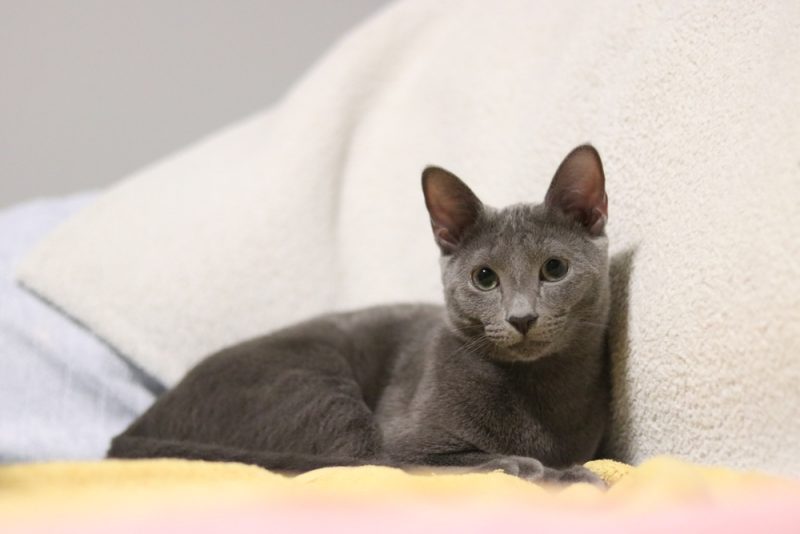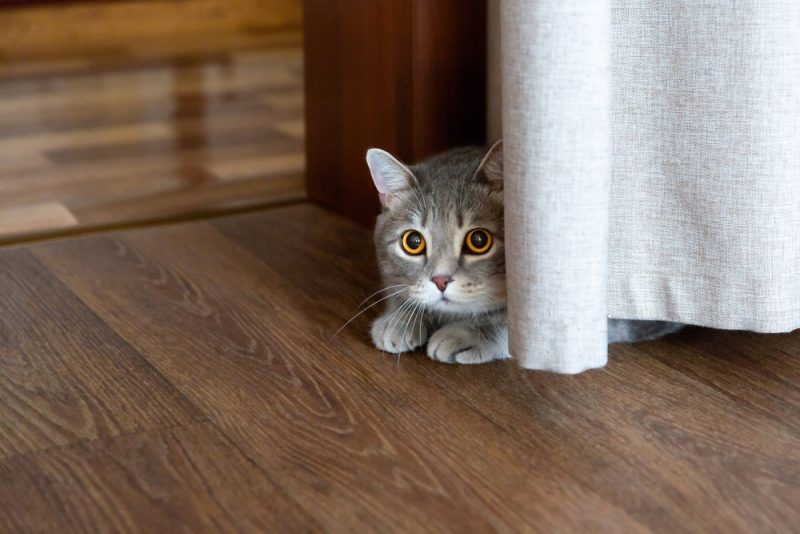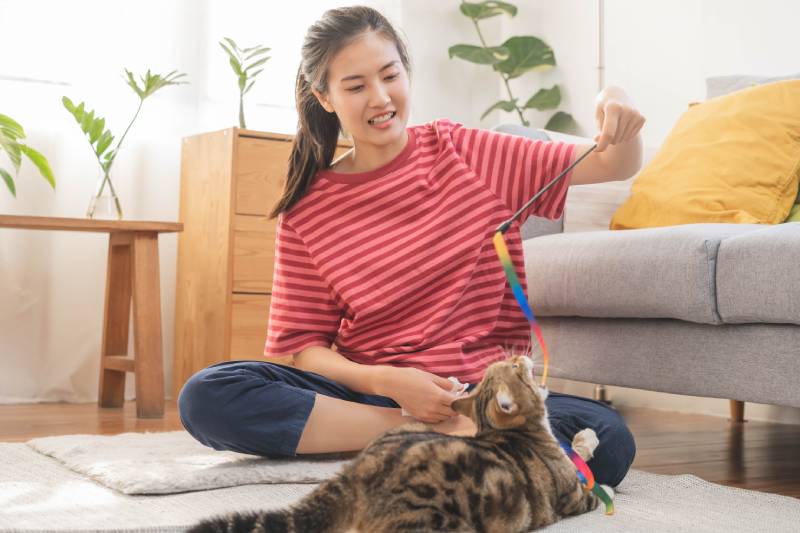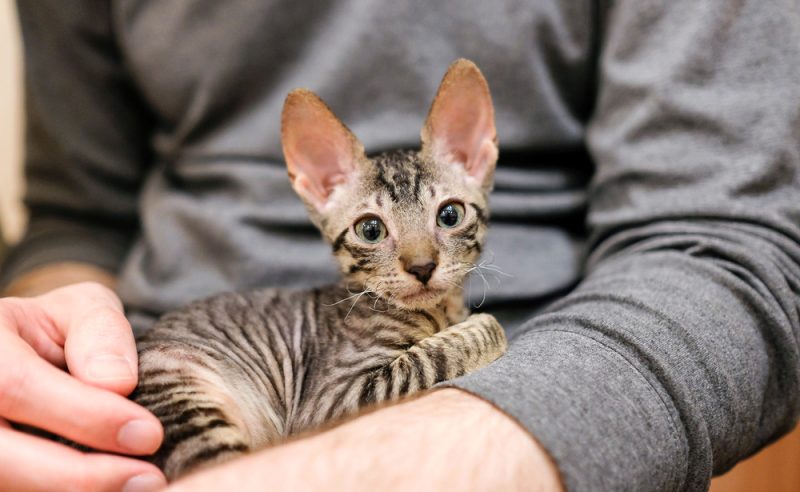If you’re considering welcoming a cat into your family from a shelter, you may have a few concerns. You may have heard that kittens are seldom available, and cats adopted from shelters are prone to behavioral and health problems.
While cats purchased from breeders and those found through informal networks make excellent companions, those from shelters do, too. Keep reading to learn more about seven cat adoption myths.

The 7 Cat Adoption Myths:
1. Myth: Kittens Aren’t Available
It’s usually easy to find cats under the age of 1, which is when kittenhood officially ends. Feline reproduction is primarily driven by daylight exposure; long days trigger cats to go into heat, so most kittens in the United States are born in the summer and fall.
Shelters have more kittens than they can handle during these busy months, and potential adopters usually have many options.
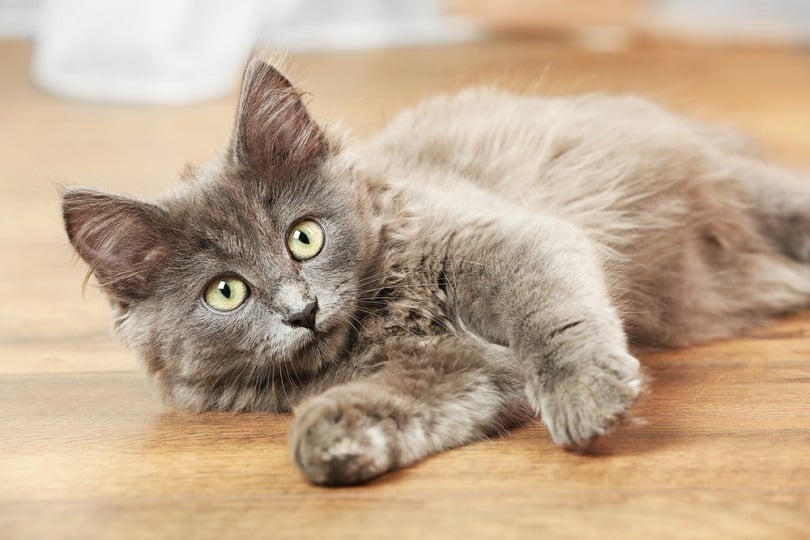
2. Myth: Shelter Cats Have Behavior Problems
While it’s true that some cats surrendered are relinquished due to behavioral issues, plenty of perfectly sweet and well-behaved ones end up in shelters. Most shelters provide adopters with as much information as possible regarding cats’ personalities and behavioral quirks to ensure a good fit.
Because shelter workers interact with cats daily, they can provide great insight into cats’ temperaments, needs, and health to help adopters make good decisions.
3. Myth: Shelter Kittens Aren’t Socialized
Many kittens adopted through shelters are incredibly well-socialized. Baby cats arrive at shelters without their mothers, and humans have to take responsibility for feeding and caring for them, so they’re frequently given lots of love and attention.
Shelters regularly ask experienced foster parents to care for kittens who come through their doors, and these cats get everything they need to grow into wonderful companions, including nutritious food, excellent medical care, attention, and socialization.
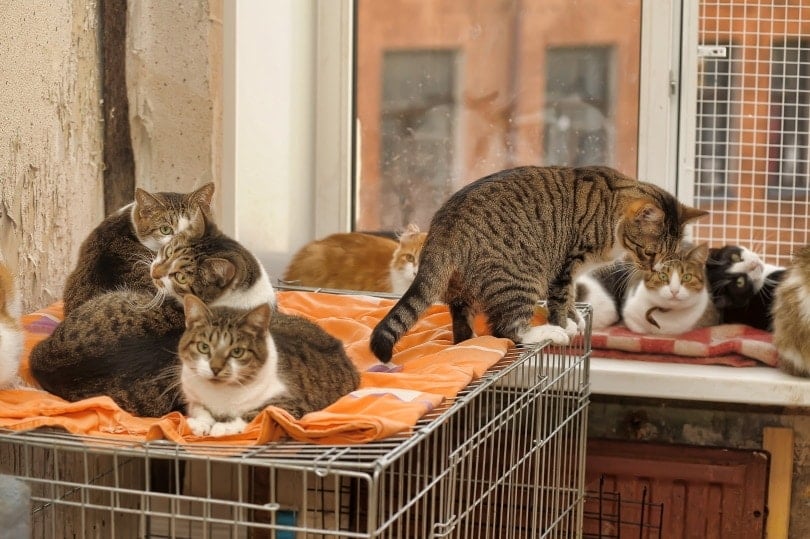
4. Myth: Shelter Cats and Kittens Are Sick
Cats and kittens sometimes arrive at shelters with health problems, but the facilities get them back on their feet before sending them on to their forever homes. Shelters make it clear when cats require extra care because of chronic health conditions or need to be singletons because of infectious diseases such as feline leukemia.
Cats and kittens are usually spayed or neutered and microchipped before being sent home, and some shelters work with local veterinarians to provide free or low-cost wellness care for a few weeks after adoption.
5. Myth: Shelter Cats Don’t Trust People
Families and individuals rehome their cats for all sorts of reasons, and the presence of a pet in a shelter doesn’t mean they weren’t well loved and cared for or that they’ve been traumatized.
Shelter workers and volunteers provide cats with lots of love and attention while waiting to be adopted, which can help pets overcome the stress of dealing with constantly changing circumstances.
Shelters use foster parents to care for cats who need quiet places to return to feeling like themselves and who could benefit from one-on-one love and attention.

6. Myth: Pedigree Cats Aren’t Available at Shelters
While it can take a bit of searching to find purebred cats in shelters, they appear occasionally. However, you may need to wait a bit before one shows up.
It’s possible to find adult cats with pedigree heritage, and it’s usually easier to find adult pedigree cats than kittens.
7. Myth: Moggies Can Have Unpredictable Personalities
Most shelter cats are domestic shorthairs, also known as moggies. They have an unknown history but can include purebred felines in their ancestry. Moggies are some of the most fantastic creatures on the planet! They’re smart, relatively healthy, and incredibly adaptable.
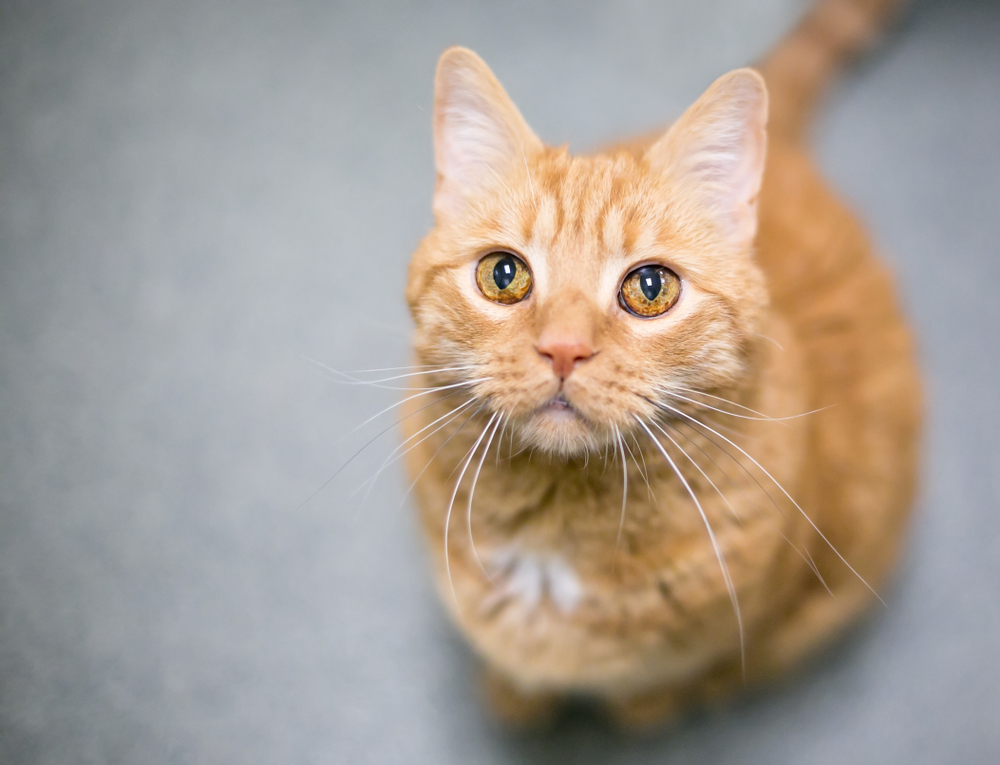

Conclusion
Adopting a cat from a shelter can be a rewarding experience for everyone involved. Shelter cats make excellent companions, and giving one a forever home can provide them with another chance at life. Shelter cats come in all shapes and sizes, and while most are Domestic Shorthairs, it’s possible to find pedigree ones as well. Kittens are frequently available, particularly during the summer and fall, and adult cats are available year-round. Cats adopted from shelters are sent home with a clean bill of health, and most are spayed or neutered, microchipped, and vaccinated before moving to their new permanent homes.
Featured Image Credit: BearFotos, Shutterstock
